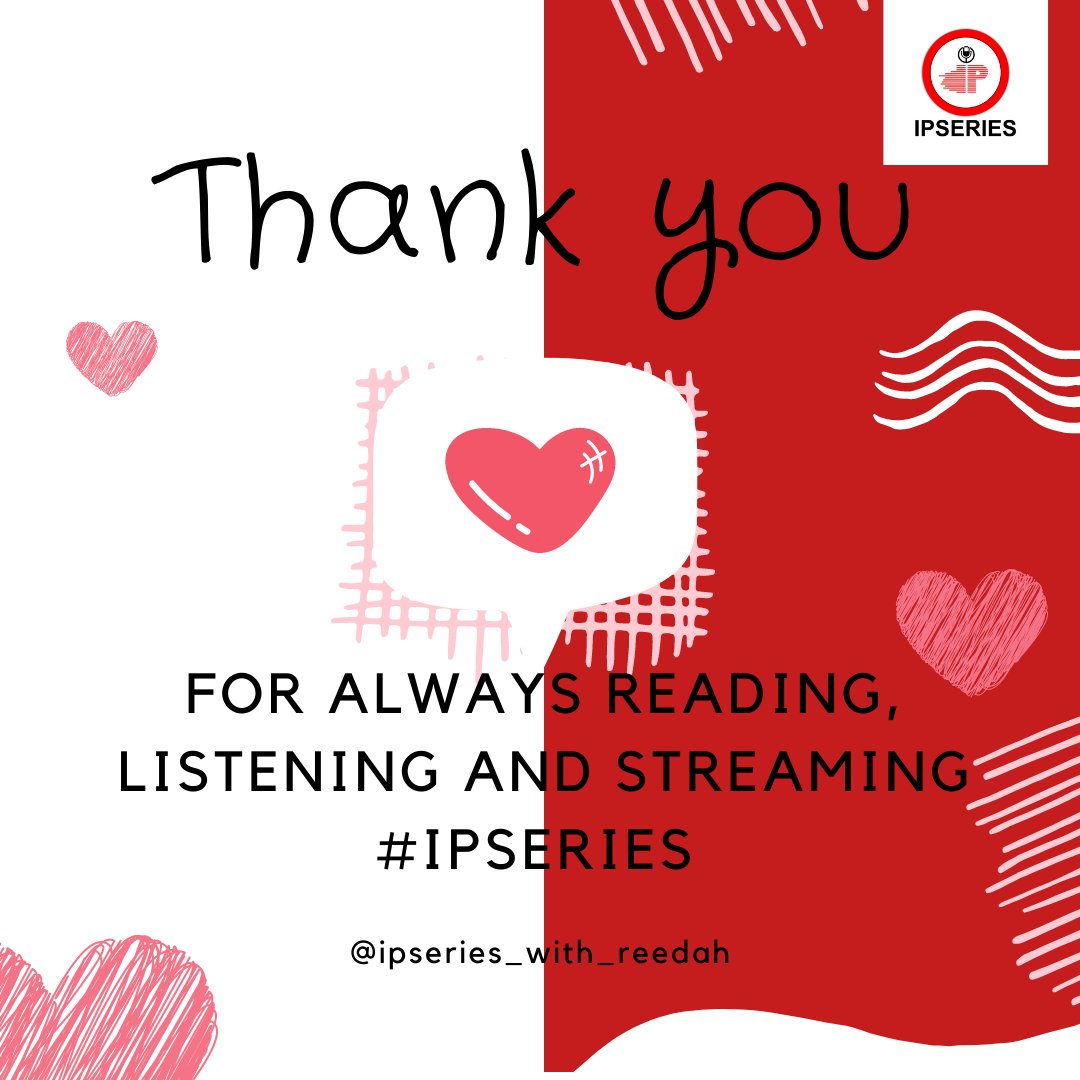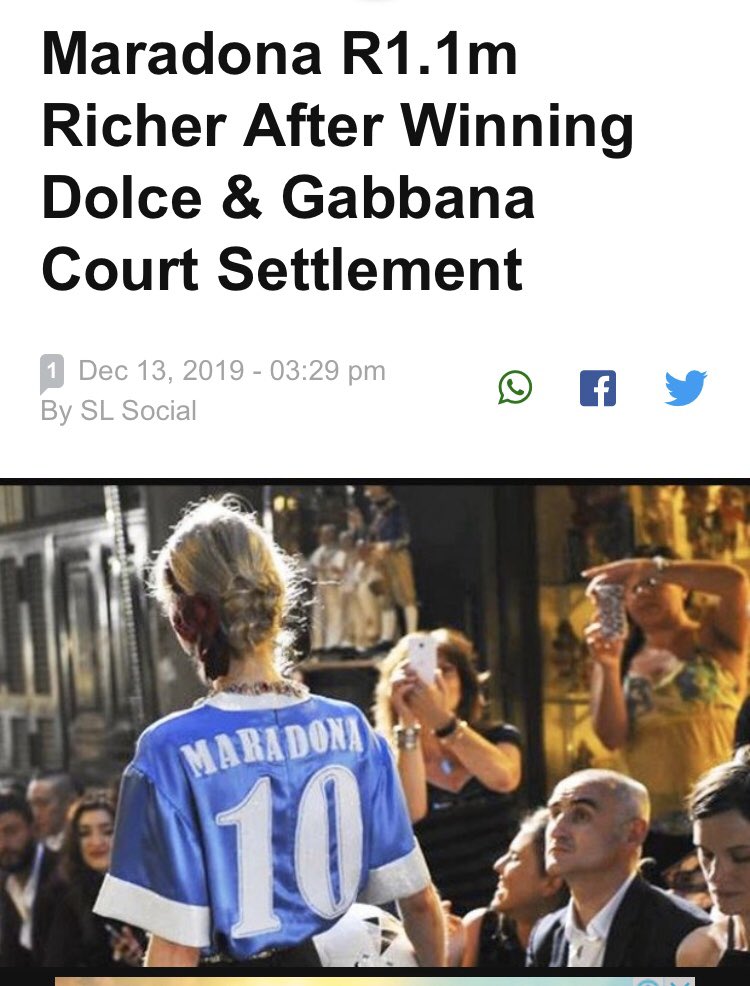
Hello everyone, #HappyNewMonth today's #IPSERIES features the #PopCola v #Cocacola case and what you should know about #trademark,
#tradedress and the importance of trademark for small business.
Cc @Kinsmaine @peterparne
#tradedress and the importance of trademark for small business.
Cc @Kinsmaine @peterparne

Sometime in Nov 2021 Coca-Cola an American multinational beverage corporation with a franchise in Nigeria and a foremost fizzy drinks in the world sues Mamuda Beverage Nigeria, manufacturer & owner of the Pop Cola drink for #trademark infringement over the use of the word "pop" 

in script that is identical to their use of trademark ribbon device; distributing and advertising its Pop-Cola products that have the likelihood to cause confusion.
So what qualifies as a trademark?
This could be the name, logo, sign, symbol, design used to distinguish a mark
So what qualifies as a trademark?
This could be the name, logo, sign, symbol, design used to distinguish a mark
from another. This element of distinctiveness is provided for in section 10 of the Nigerian Trademark Act and is also a very important criteria.
It is also important that the owner of the mark consistently use it for commercial purposes which Coca-Cola has been doing since 1953
It is also important that the owner of the mark consistently use it for commercial purposes which Coca-Cola has been doing since 1953
after being incorporated as a subsidiary of A. G Leventis Group in 1957 with the franchise to bottle and sell products of the Coca-Cola Company in Nigeria.
A trademark can be registered as:
1. Device mark which could be the sticker, logo, label, stylised words, graphic image
A trademark can be registered as:
1. Device mark which could be the sticker, logo, label, stylised words, graphic image
which may or may not have words.
2. Wordark can be a combination of words, letters or numerals.
3. Sound mark must be a unique like the Pitbull's gretto yell "EEEEEEEYOOOOOO” under the class-“entertainment services in the nature of live musical performances” and
2. Wordark can be a combination of words, letters or numerals.
3. Sound mark must be a unique like the Pitbull's gretto yell "EEEEEEEYOOOOOO” under the class-“entertainment services in the nature of live musical performances” and
“musical sound recordings;” and “musical video recordings,” respectively.
The application for the aforesaid mark showed that the mark consists of a man yelling ‘EEEEEEEYOOOOOO’ in falsetto with ‘E’ drawn out followed by a ‘U’ sound.
4. Three-dimensional mark
The application for the aforesaid mark showed that the mark consists of a man yelling ‘EEEEEEEYOOOOOO’ in falsetto with ‘E’ drawn out followed by a ‘U’ sound.
4. Three-dimensional mark
To own a trademark, you must pick out of the 45 classes as it applies to your mark carry out your due diligence by doing a search at the trademark registry to determine if there are similar marks registered in the class you wish to carry out business or if it can be used for
commercial purposes.
Next is to consider the type of trademark to use and register to enjoy legal backing and protection. For instance:
A. A mark could be descriptive when it tells the consumer what the product is about.
Next is to consider the type of trademark to use and register to enjoy legal backing and protection. For instance:
A. A mark could be descriptive when it tells the consumer what the product is about.
B. A mark is considered to be generic when it's a common word
C. A mark is said to be fanciful/coinful when it's a combination that turns out to be non-existent and original.
D. An arbitrary mark is one that has no relationship to the product or service eg Apple Inc
C. A mark is said to be fanciful/coinful when it's a combination that turns out to be non-existent and original.
D. An arbitrary mark is one that has no relationship to the product or service eg Apple Inc
5. A suggested mark tells the consumer what your product is about.
Now is this a case of plagiarism or an infringement?
Plagiarism applies to the attribution or use of someone's creative work without any acknowledgement while trying to pass it as theirs.
Now is this a case of plagiarism or an infringement?
Plagiarism applies to the attribution or use of someone's creative work without any acknowledgement while trying to pass it as theirs.
This is common in the academic space which makes it a copyright issue, is literary theft & maybe non-intentional.
While an infringement is an act where intellectual property (IP) is used without authorization of the IP owner with the intention to deceive the public & divert
While an infringement is an act where intellectual property (IP) is used without authorization of the IP owner with the intention to deceive the public & divert
profit.
What are the elements of a trademark infringement:
i. Likelihood to confuse like in our case study for today
ii. Unauthorised use of the mark
iii. Has the reputation and goodwill of the mark in question been harmed?
iv. Was the act intended to divert business from

What are the elements of a trademark infringement:
i. Likelihood to confuse like in our case study for today
ii. Unauthorised use of the mark
iii. Has the reputation and goodwill of the mark in question been harmed?
iv. Was the act intended to divert business from


v. What is the commercial value of Coca-Cola?
According to a report by Nairametrics Coca-Cola is said to have invested 9 billion naira over the last 10 years in Nigeria and will be injecting another $1 billion in 5 years.
According to a report by Nairametrics Coca-Cola is said to have invested 9 billion naira over the last 10 years in Nigeria and will be injecting another $1 billion in 5 years.
Rights a trademark owner
1. You have the exclusive right to use the mark in the territory it was registered
2. Right to use and seek statutory remedy against an alledfed infringer just like Coca-Cola who prayed the court for an injunction.
An injunction is an order gotten by a
1. You have the exclusive right to use the mark in the territory it was registered
2. Right to use and seek statutory remedy against an alledfed infringer just like Coca-Cola who prayed the court for an injunction.
An injunction is an order gotten by a
plaintiff from the court restrain the defendant (infringer) from doing specific things in the order or is required in an exceptional situation or repetition or continuing a wrongful act or a breach of contract complained about.
In this case, Coca-Cola asked/prayed the court for an interim injunction which is granted before a trial to maintain the status quo which in this case would be the distribution & advertising of Pop Cola products pending the hearing of the suit.
Update: on 22 February 2022, a Federal High Court sitting in Kano State declined Coca-Cola's request for an interlocutory injunction which sought to stop Pop Cola's manufacturers from further conducting its business pending the hearing & determination of the substantive suit.
3. Unfair competition and trademark infringement using our case study how does this apply?
According to a publication by Abuo Naija unfair competition is a means of resorting to unfair and dishonest practices to tackle rivalry while trademark infringement seeks to protect any
According to a publication by Abuo Naija unfair competition is a means of resorting to unfair and dishonest practices to tackle rivalry while trademark infringement seeks to protect any
trademark or distinguishing element of a business from any mock up or knock-off initiated by a rival that acts as a breach of restriction of fairness in competition.
What would Pop Cola's action be?
What would Pop Cola's action be?
The World Intellectual Property defines unfair competition as an act of competition contrary to the honest practice in industrial & commercial matters which could create confusion, capable of misleading the public as to the quality of goods, characteristics, manufacturing process
misappropriation of one's goodwill and well-known mark.
4. A trademark owner has the right to assign
5. A trademark owner can use his mark as proof of the validity of the original registration
4. A trademark owner has the right to assign
5. A trademark owner can use his mark as proof of the validity of the original registration
What is the difference between a trademark and a trade dress?
A trademark protects the distinctive name, logo, sign, design of a product while trade dress protects the elements that make up the overall image of a product's non-functional elements and is not limited to colour,
A trademark protects the distinctive name, logo, sign, design of a product while trade dress protects the elements that make up the overall image of a product's non-functional elements and is not limited to colour,
size, shape, packaging of a product, or anything that makes the presentation of a product or service distinctive.
A trade dress can be registered as a trademark in Nigeria which helps prevent companies like Pop Cola's manufacturer from using unfair practices in their effort to
A trade dress can be registered as a trademark in Nigeria which helps prevent companies like Pop Cola's manufacturer from using unfair practices in their effort to
compete. A trademark owner can also sue for trade dress and passing off at the federal high court.
Difference between a trademark and trade name?
A trademark has already been previously defined so I will go ahead to define what a trade dress is.
Difference between a trademark and trade name?
A trademark has already been previously defined so I will go ahead to define what a trade dress is.
A trade name is a business name used or associated by a business in the course of it's trade and in line with its objectives. Registration is done at the Corporate Affairs Commission (CAC). See the case of Niger Chemust v Nigerian Chemist
In conclusion,
i. Take note that the use of a mark for commercial purposes without the consent, permission or authorization (CPA) is an infringement and not plagiarism
ii. You can enforce your intellectual property rights by authorizing and hiring an IP lawyer
i. Take note that the use of a mark for commercial purposes without the consent, permission or authorization (CPA) is an infringement and not plagiarism
ii. You can enforce your intellectual property rights by authorizing and hiring an IP lawyer
iii. You can approach the federal high court and sur
iv. You can oppose the registration of a mark that us similar it likely to cause confusion.
v. We apply the first to file principle in Nigeria and finally
iv. You can oppose the registration of a mark that us similar it likely to cause confusion.
v. We apply the first to file principle in Nigeria and finally
vi. Take note that the economic purpose of IP is to encourage investment, creativity, innovation, preserve the standard of loyalty, transparency and enhance healthy competition.
you had a good read of today’s post, please share with your friends and contact groups!
To find out more about the issues raised in this case including trademark registration, remedies available to an IP owner, alternative dispute resolution, authorship, you can send an email
To find out more about the issues raised in this case including trademark registration, remedies available to an IP owner, alternative dispute resolution, authorship, you can send an email
• • •
Missing some Tweet in this thread? You can try to
force a refresh








